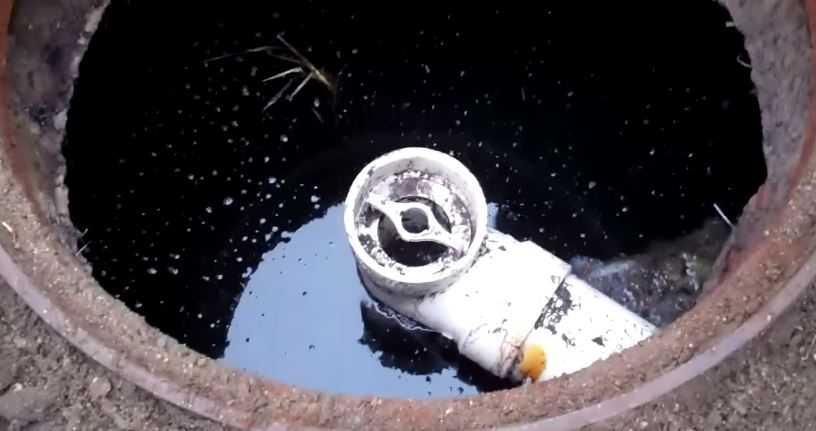 Periodic septic tank pumping is necessary to maintain the proficiency of the septic system. Overlooking the importance of this simple task can cause worse problems. With an improperly functioning system, water quality is highly at risk and households can experience different health issues.
Periodic septic tank pumping is necessary to maintain the proficiency of the septic system. Overlooking the importance of this simple task can cause worse problems. With an improperly functioning system, water quality is highly at risk and households can experience different health issues.
As most homeowners dislike dealing with matters that involve septic systems, several myths about it may be heard. But is there truth to any of these?
Don’t mind it if it’s not broken
Many say that you can’t fix something that isn’t broken. This is true for certain matters, but not for septic systems. A damaged tank is something you don’t want to have underneath your property. So it’s more ideal to get the system fixed even before it starts to get faulty. Prevention is always the best solution.
Periodic pumping is not necessary
All wastes accrue in the tank, holding as much as three days’ worth of it and then separate solids from liquids. While the effluent (grease and liquid, light materials) automatically discharge into the drain field, the solids remain inside. When there’s too much solids in the tank, it will spill over into the drain field.
All things can get flushed down the drain
People dispose of liquid wastes mostly thru the toilet, while the solid ones go inside garbage bins. But you should remember that what goes down the toilet ends up in the septic tank and drain field. In general, avoid flushing hazardous materials such as chemicals as these can harm the whole system.
Pumping alone is sufficient
There are numerous problems that exist in septic systems, not just congestion of solid wastes. Some materials clog the pipes that hinder the liquids from discharging. Older systems are also prone to severe wear and tear, causing cracks and leaks. A simple pumping is not enough to remedy these problems.
Septic systems last forever
The very essence of “forever” doesn’t exist, especially in septic systems that encounter different kinds of harsh elements. The contractors from ConcreteTanks.co.nz say that its average lifetime is 20 to 30 years. Modern systems, however, tend to last longer due to certain developments in their construction and materials.
Numerous problems can arise from ignoring the maintenance of septic systems. Similarly, believing in different myths about them can lead to bigger troubles.

